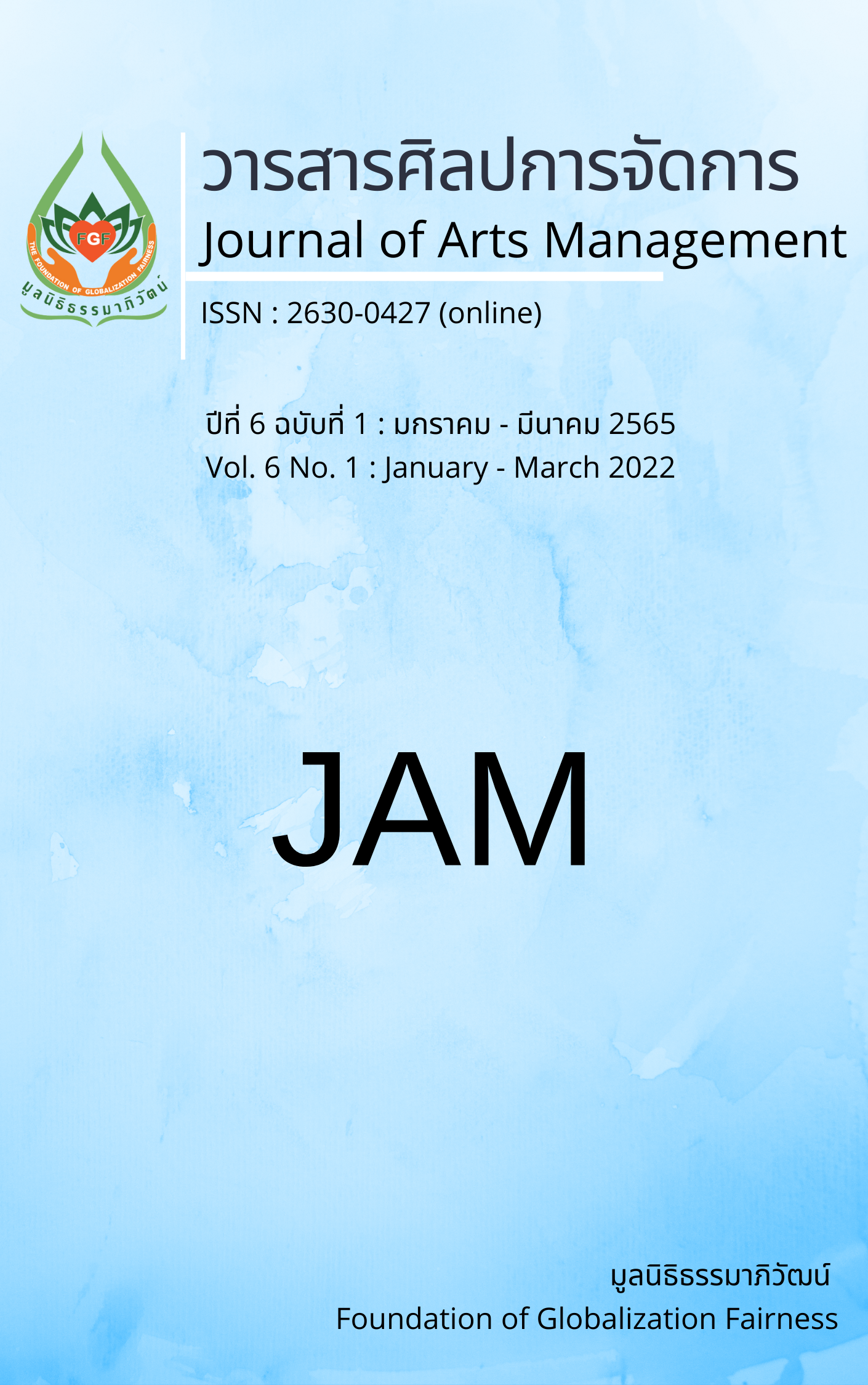The Buddhist Integration for Promotion Idol Local Politicians in Middle Northeast Region
Main Article Content
Abstract
This paper aimed: 1) to study the characteristics of idol local politicians in the middle northeast region; 2) to analyze Buddhist Dhammas in promoting ethical behaviors of idol local politicians; 3) to propose an integrated Buddhist model for promoting the model idol local politicians. 4) to establish a learning exchange center for Buddhist idol local politicians. This study was carried out by means of qualitative research. The tools used for data collection were: 1) an in-depth interview form, 2) a specific group discussion form and 3) a questionnaire. The data analysis was conducted by 1) Content Analysis and Inductive Analysis. 2) The model's suitability was statistically analyzed by using Mean and Standard Deviation.
The research results were as follows:
1) The characteristics of the Idol local politicians in the middle northeast region comprised of 7 components: 1) Intellectual characteristics 2) Ethical characteristics 3) Personality characteristics 4) Social characteristics 5) Work characteristics 6) Communication characteristics
7) Transformational Leadership characteristics
2) There were 11 Buddhism Dhamma principles in promoting the ethical behaviors of idol local politicians in the middle northeast region.
3) Integrated Buddhist model for promoting Idol local politicians in the meddle northeast region, there are 4 model: (1) Integrated Buddhist model for promoting Idol local politicians for self-management (2) Integrated Buddhist model for promoting Idol local politicians for team management (3) Integrated Buddhist model for promoting Idol local politicians for strategic management (4) Integrated Buddhist model for promoting Idol local politicians for Executive and Political Communication.
4) A network of learning exchange center for Buddhist Idol local politicians has been established at room 306, the Graduate Study Building. Mahachulalongkornrajavidyalaya University Khon Kaen Campus and a network of 12 learning exchange centers for Buddhist Idol local politicians in Khon Kaen Province has been established.
Article Details

This work is licensed under a Creative Commons Attribution-NonCommercial-NoDerivatives 4.0 International License.
Views and opinions appearing in articles in the Journal of Arts of Management It is the responsibility of the author of the article. and does not constitute the view and responsibility of the editorial team I agree that the article is copyright of the Arts and Management Journal.
References
Buddhadasa Bhikkhu. (1988). The Politics is Dhamma. Arunviddhaya Print.
Chanruang, S. (2013). Political concepts on Buddhist approach of M.R. Kukrit Pramoj[Master’s Thesis, Sukhothai Thammathirat Open University].
Dhiravekin, L. (1986). Political culture and political learning. Thammasat University.
Dhiravekin, L. (n.d.). Important qualities of a good politician. https://mgronline.com/daily/detail/ 9490000061572.
Janthong, P. (2007). Desirable characteristics of sub-district administrative organization presidents in the view of voters: A case study of Na Phra That Subdistrict Phanat Nikhom District Chonburi Province [Master’s Thesis, Burapa University].
Houdsri, C. (2015). The model of supporting buddhist political culture of community leaders in KhonKaen Province. Mahachulalongkornrajavidyalaya University.
Kornkittichai, C. (2014). Direction of local government according to the Constitution of the Kingdom of Thailand, B.E. 2560. Office of Academic Affairs 1, Office of the Secretariat of the House of Representatives. https://cdc.parliament.go.th
Luangprapat, W. (2011). An analysis of the draft law relating to demiddleization in Thailand. King Prajadhipok's Institute.
Order of the Head of the National Council for Peace and Order No. 59/2016. (2016). Government Gazette, Volume 133, Special Section 216 Ngor, dated 27 September.
Phantaneeya, S., & Dongnadeng. H. A., (2020). Desirable characteristics of the local politicians in the views of Trang municipality residents. King Prajadhipok’s Institute Journal, 18(3), 17-35.
Rangmeesrisuk, j. (2017). Buddhist leadership for administrator of local government administration for establish the participation of people by integration in Ayutthaya Province. Rajamangala University of Technology Suvarnabhumi
Serirangsan, T. (1989). Current Thai political problems (3rd ed). Sukhothai Thammathirat Open University Press.
Siamrath, (2021). The importance of ethics of local politicians. https://siamrath.co.th/local-politics. March.
Srikhruedong, A., Rangmeesrisuk, J., & Phuripanyo, P. C. (2015). The Development of Administration Network in Nonthaburi Municipality[Doctoral dissertation, Mahachulalongkornrajavidyalaya University.
Sudprasert, N. (2012). The characteristics of the desirable political leaders in the globalization era according to the Theravada Buddhism[Doctoral dissertation, Mahachulalongkornrajavidyalaya University.
Suksamran, S. (1979). Buddhism and Politics. Journal of Social Sciences, 16(4).
Suppa, P., Sirimeto, P. P. Sodprasert, S. (2018). Buddhist integrated approach in participative urban community management of Raikhing municipality, Nakhon Pathom province. Journal of MCU Peace Studies, 6 (Special), 453-463.
Suwanmongkol, P. (2011). Local politics: Whose politics, by who, for whom. Jatuporn Design.
Thanacharoenrat, T. (1990). Leadership Development Program for Insurance Center Executives[Doctoral dissertation, Ramkhamhaeng University].
The Office of Election Commission of Thailand. (2017). Interesting facts about the constitution national reform and local government. The Office of Election Commission of Thailand.
Wongsangha, T. (2011). Characteristics of the ideal local politician: A case study of Bang Prong Sub-District, Mueang District, Samut Prakan Province[Master’s Thesis, Burapha University].


